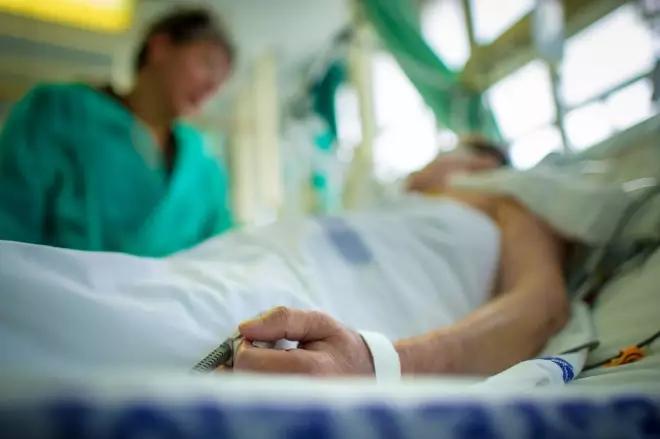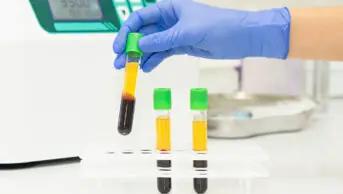
Source: Shutterstock.com
Open access article
The Royal Pharmaceutical Society has made this article free to access in order to help healthcare professionals stay informed about an issue of national importance.
To learn more about coronavirus, please visit: https://www.rpharms.com/resources/pharmacy-guides/wuhan-novel-coronavirus
The rheumatoid arthritis drugs, tocilizumab and sarilumab, should be considered in the treatment of COVID-19 patients admitted to intensive care, according to updated NHS guidance.
The new advice, which is due to be published on 8 January 2020, follows results released from the Randomised, Embedded, Multi-factorial, Adaptive Platform Trial for Community-Acquired pneumonia (REMAP-CAP), which suggested that tocilizumab and sarilumab, which are both IL-6 receptor antagonists, led to a 24% reduced risk of mortality, when administered to patients within 24 hours of entering intensive care.
The results, which have not yet been peer-reviewed, suggest that the mortality rate was 35.8% for patients receiving the current standard of care alone and 27.3%, on average, for patients given tocilizumab or sarilumab (28.0% for tocilizumab, 22.2% for sarilumab).
At the time of full analysis, 353 patients had been assigned to tocilizumab, 48 to sarilumab and 402 to standard care. The majority of patients were also treated with corticosteroids, such as dexamethasone, and were receiving respiratory support.
The trial data yielded an odds ratio of 1.64 for a better outcome with tocilizumab, and 1.76 for sarilumab, compared to no immune modulation, with a high degree of statistical certainty.
“This is a significant finding which could have immediate implications for the sickest patients with COVID-19,” said Anthony Gordon, chair in anaesthesia and critical care at Imperial College London and a consultant in intensive care medicine at Imperial College Healthcare NHS Trust.
“We found that among critically ill adult patients — those receiving breathing support in intensive care — treatment with these drugs can improve their chances of survival and recovery.
“At a time when hospitalisations and deaths from COVID-19 are soaring in the UK, it’s crucial we continue to identify effective treatments which can help to turn the tide against this disease.”
Gordon added that previous trials using IL-6 receptor antagonists showed no clear benefit on either disease progression or survival in COVID-19 patients.
“A crucial difference may be that in our study, critically ill patients were enrolled within 24 hours of starting organ support. This highlights a potential early window for treatment where the sickest patients may gain the most benefit from immune modulation treatment,” he explained.
Gino Martini, chief scientist at the Royal Pharmaceutical Society, said: “We welcome the news that tocilizumab can help speed up recovery in patients admitted to intensive care.
“It is yet another weapon in the arsenal against this dreadful disease.”
Tocilizumab, which is administered intravenously in a one- or two-dose regime, is already in stock in hospitals across the UK, the Department of Heath and Social Care said, adding that it has worked closely with the manufacturer, Roche, to ensure continued availability.
Tocilizumab and sarilumab have already been added to the government’s export restriction list, which bans companies from buying medicines meant for UK patients and selling them on for a higher price in another country. This will protect supply for UK patients by enforcing regulatory action on those who flout the restrictions.


